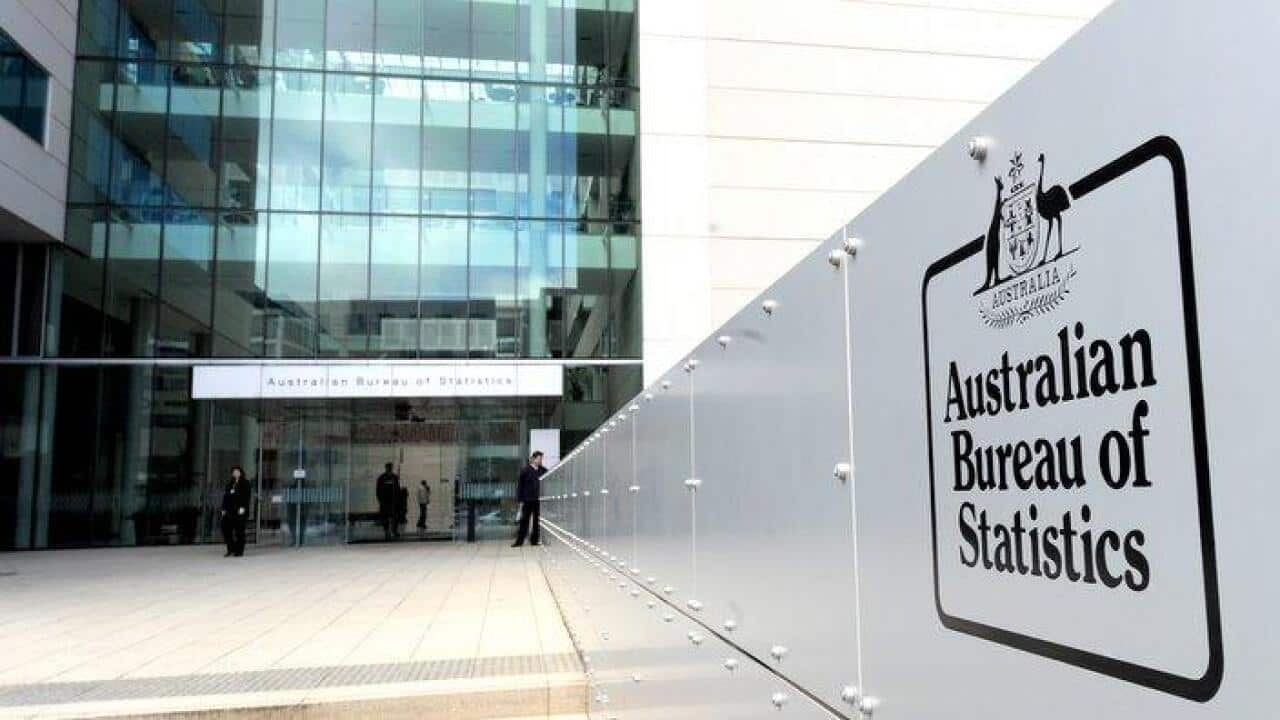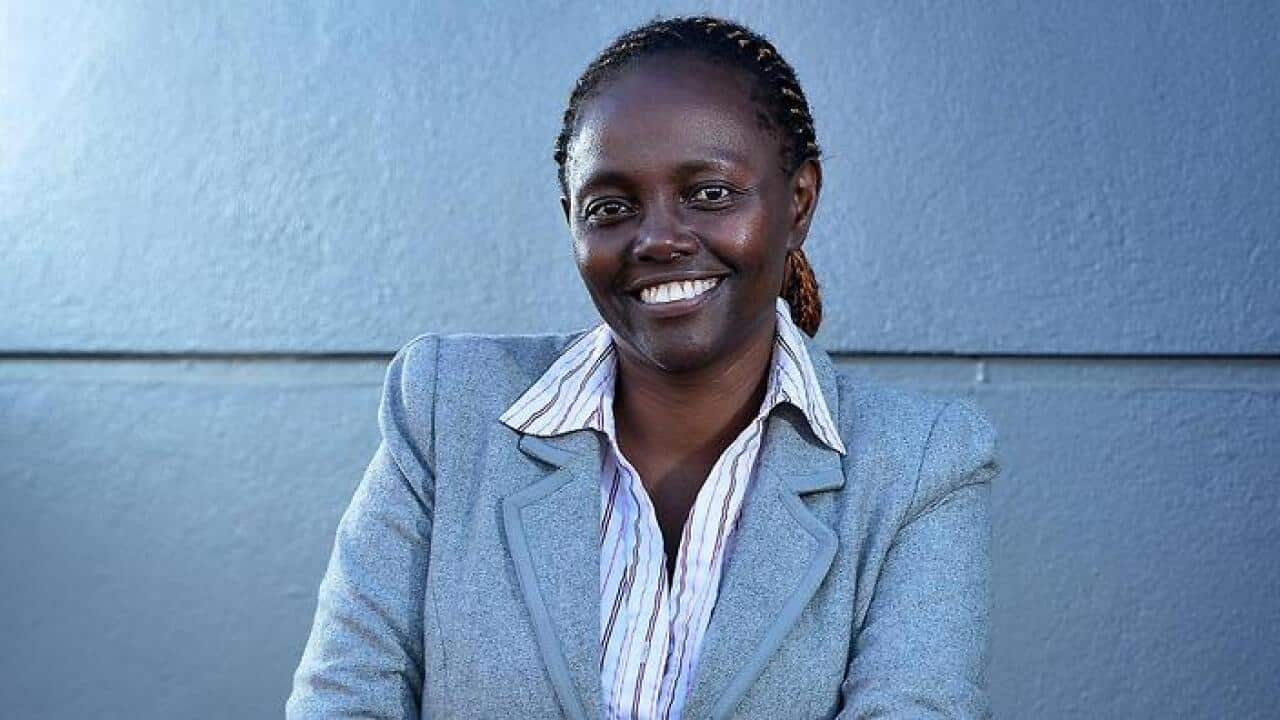The government has declared it will hold a public vote on November 25 if the senate passes the plebiscite bill, which is expected before parliament within days.
But the senate is widely expected to block the plebiscite, as it did in November last year - with Labor, the Greens and the key Nick Xenophon group all opposed.
Then, the government will proceed with a non-compulsory postal vote.
Australians would be mailed ballot papers from September 12, with a final result expected by November 15.
In the event of a 'yes' vote in either case, the government would allow a private member’s bill to legalise same-sex marriage to be introduced to the house in the final sitting fortnight of 2017.
“The postal vote... will give everybody their say. Everyone will get a say,” prime minister Malcolm Turnbull said.
The government has assured Australians living overseas they will be allowed to have their say.
"All Australians who are enrolled on the Commonwealth Electoral Roll will get the opportunity to express their view through the postal plebiscite process," acting special minister of state Mathias Cormann told SBS World News.
"Where Australians overseas, who are on the Electoral Roll, have registered as an overseas voter and provided their overseas address, then the request for response will be sent directly to them."
Australia House in London took over 15,000 votes for the 2013 federal election, according to the Australian Electoral Commission.
The government estimates the postal plebiscite would cost around $122 million – roughly $50 million less than the estimated cost of the full, in-person plebiscite.
It would be conducted through the Australian Bureau of Statistics, finance minister Mathias Cormann said, assisted by officers from the Electoral Commission.
Labor has slammed the postal plebiscite option, with opposition leader Bill Shorten calling it a "colossal waste of time and money".
"There's a constitutional question over whether or not this postal opinion poll is even legitimate," Mr Shorten said.
"Why is it that the Liberal party spend all their agility and innovation on working out ways to delay marriage equality? I wish they'd put the same effort into electricity prices, I wish they'd put the same effort into sorting the banks out."
But the government's most senior law officer, Attorney-General George Brandis, said the postal plebiscite would likley legalise same-sex marriage.
"My prediction, and it's only a prediction, is that in the plebiscite, whichever of the two forms it takes, more people will vote yes than no," he told the ABC's 7.30 program.
He said the prime minister would then, as promised, bring a conscience vote to parliament before the final sitting day of December 7.
Even though he stressed the postal plebiscite wasn't the government's first preference to resolve the issue, he said it was important every Australian had the opportunity to vote.
"The views of every man and woman in Australia on this topic are of equal importance to the views the 226 people who work in this building."
Original plebiscite unlikely to pass as Xenophon, Lambie maintain opposition
The Coalition plans to get the original plebiscite before the senate again before the week is out.
It is hoping some members of the crossbench, who were crucial in blocking the bill last year, will change their minds.
“We want to demonstrate to the Australian people that we honour our election commitment,” Dan Tehan, a Turnbull Government frontbencher, told ABC Radio on Tuesday morning.
However Nick Xenophon and others aren't budging.
"There are two mandates, and our mandate is to have this determined by the parliament,” he said.
Warren Entsch, who was among the rebel Liberal MPs urging a free vote in the parliament, said he expected the plebiscite to be defeated again.
“I’ve got no doubt at all that it’s highly unlikely that will get through,” he said. Tasmanian crossbench senator Jacqui Lambie, who voted in favour of the plebscite last November, said she would not support a postal vote.
Tasmanian crossbench senator Jacqui Lambie, who voted in favour of the plebscite last November, said she would not support a postal vote.

Australian Prime Minister Malcolm Turnbull speaks to marriage equality advocates during a press conference at Parliament House in Canberra, Tuesday, August 8 Source: AAP
"Turnbull told voters he believed it was critical for everyone to have their say on any proposed change to the Marriage Act - and I agree," Senator Lambie wrote in a statement.
"A postal vote doesn't guarantee that. It's a deeply compromised position from a deeply compromised prime minister."
Senator Lambie said she held Mr Turnbull to account for failing to pass the original plebiscite, saying it showed "how poor" the government's negotiations with the crossbench had been.
New senator Lucy Gichuhi, who replaced disqualified Family First senator Bob Day, told SBS World News she would support the original plebiscite bill this week.













